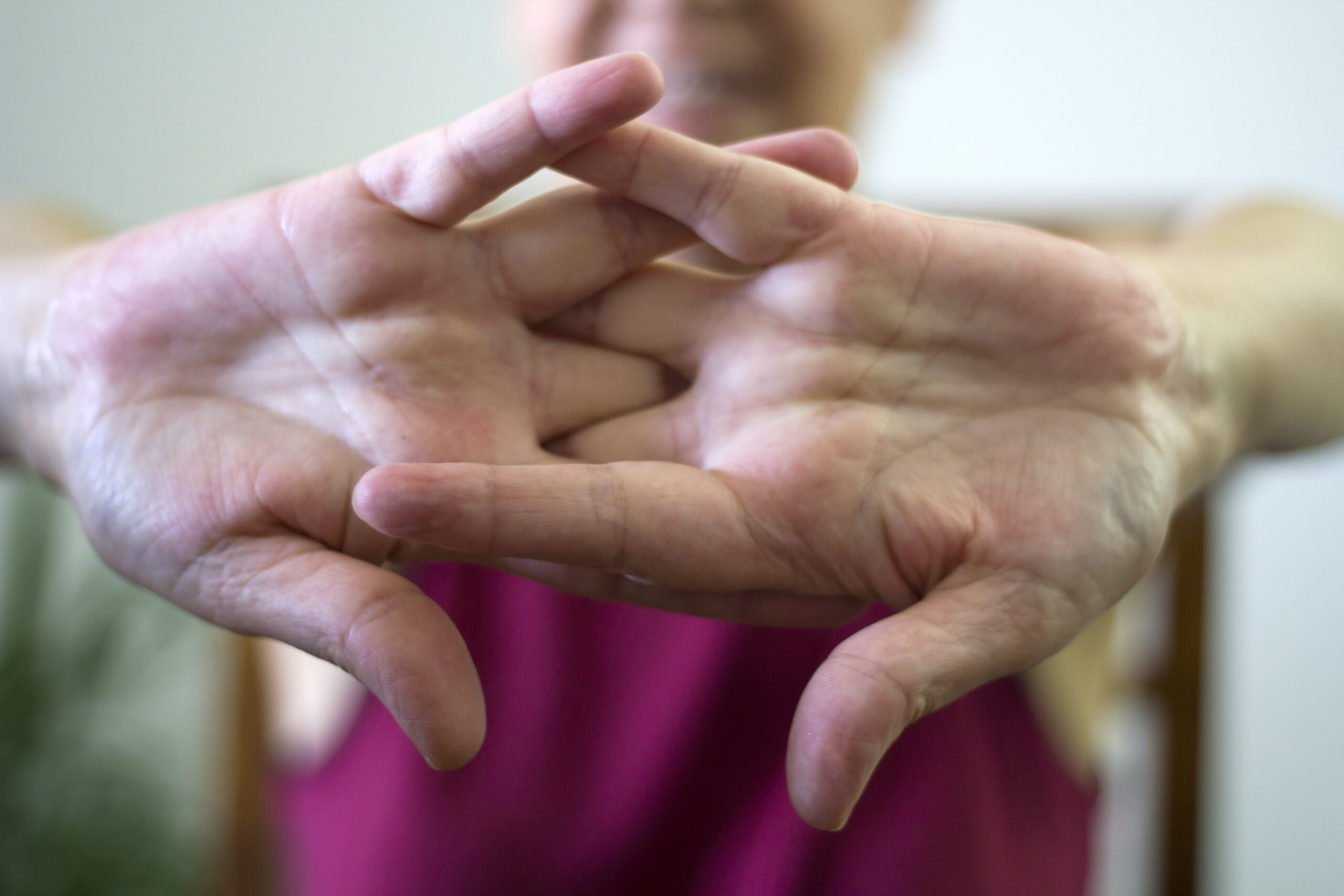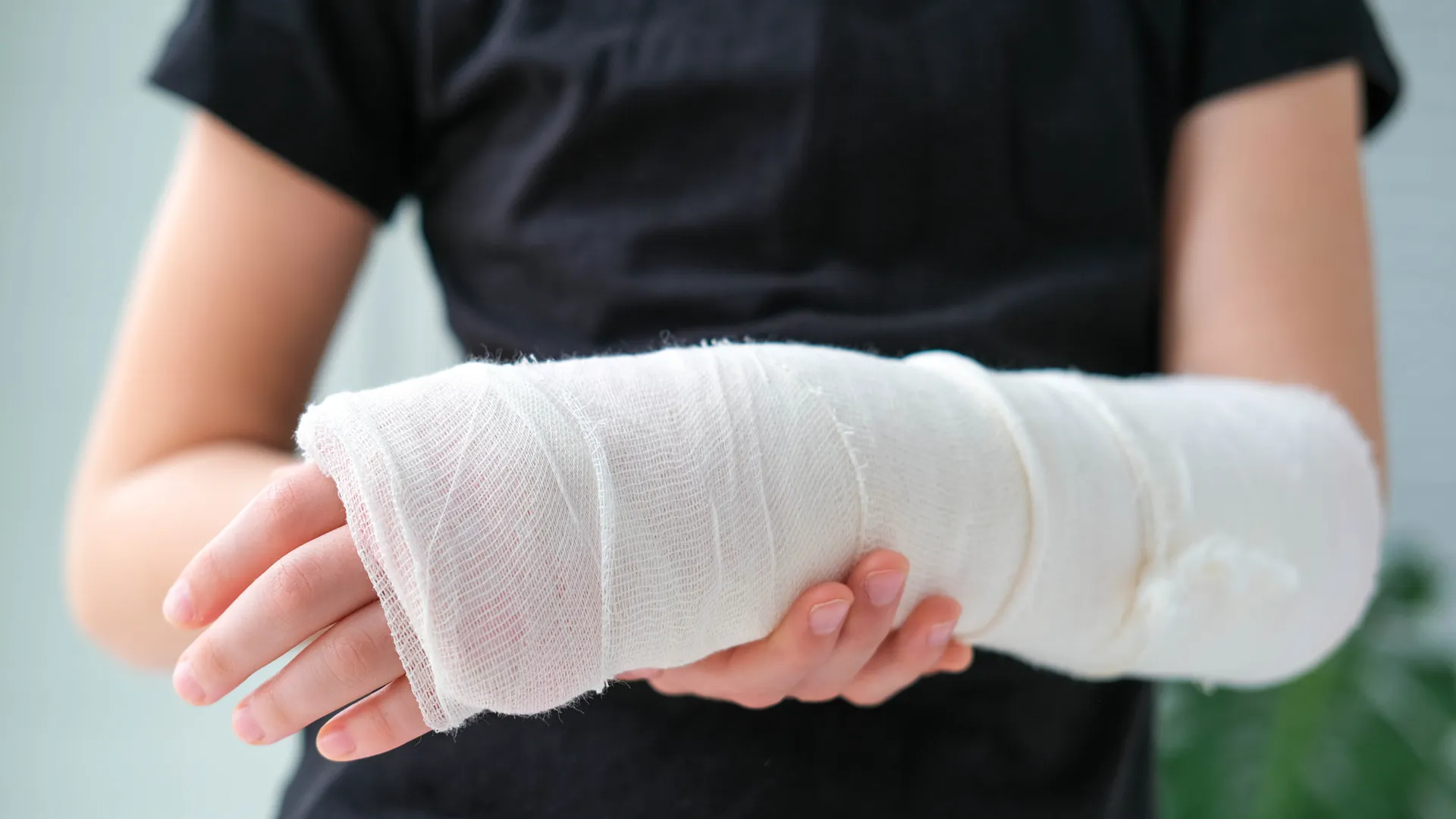HOW TO MAKE HAND THERAPY FUN THIS FALL SEASON Occupational and physical therapy programs have…

How to Stop Cracking Your Knuckles for Good in 3 Easy Steps
You may hate to admit it, but almost all of us have at least one bad habit. Some of these bad habits can pose some serious health risks. We all have heard that bad habits are hard to break…until now. No matter what your bad habit—nail biting, smoking or knuckle cracking—where there is a will there is a way. Today, we’re going to focus on knuckle-cracking risks and share simple steps to kick that habit and teach you how to stop cracking your knuckles for good.
Here’s how to stop cracking your knuckles once and for all.
What’s in a Pop?
Knuckle cracking pulls the bones and cartilage apart which releases the synovial fluid that lubricates the joint. This fluid is a mixture of nitrogen and carbon dioxide. When combined with air it turns into a gas—this is what makes that “popping” sound.
The Dangers of Knuckle Cracking
If you’re someone who has cracked your knuckles for a long time, you may have developed one or more of the following symptoms:
- Painful or swollen hands
- Reduced hand strength
- Soft tissue damage to the joint capsules
- Damage to your hand’s ligaments—that soft tissue that connects the bones
This potential damage to your hands is a good reason to use the following tips. They will help you figure out how to stop cracking your knuckles today.
3 Tips for Breaking the Habit
It may seem hard, but you should stop cracking knuckles! We’ve put together a simple 3-step solution to tell you how to stop cracking your knuckles—now!
- Find the cause. The first step is to figure out when and why you crack your knuckles. When you notice when you’re doing it and what feelings are attached to it, you may be able to figure out why you can’t resist all that popping and will be able to stop.
- Keep your hands busy. Not busy cracking knuckles! Distract your hands by twirling a pencil or squeezing a stress ball. Or, keep your hands and mind busy by writing, drawing or doodling.
- Write it down. Not only will you keep your hands busy writing, but when you write something down it will really sink in. Jot down your emotions surrounding the knuckle cracking and what is going on in your head when you do it. Analyze what you wrote and look at what your triggers are—do you crack your knuckles when you’re bored? Anxious? Having it in writing will make you more conscious of your bad habit and make it easier to stop cracking knuckles for good.
Once you’re hooked on knuckle-cracking it can seem hard to stop. If you keep it up for years, you risk damaging tendons, ligaments and joints in your hand. Your hands will thank you if you use these tips to break the habit today!



